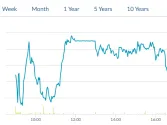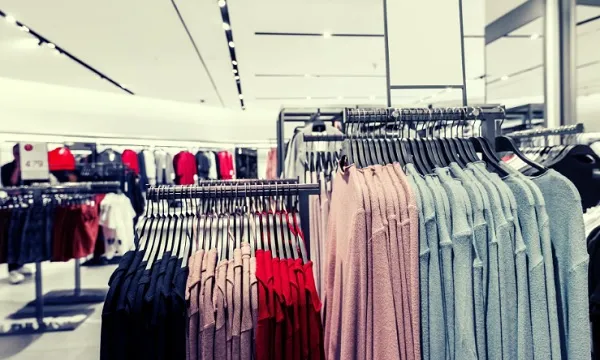
Weekly News Wrap: Asia's garment suppliers face weak global demand; China's spenders struggle to look for luxury goods
And demand for edible palm oil in India is tipped to plunge.
From Reuters:
Fashion brands and retailers re-opening around the world to patchy demand, and carrying unsold stock from spring, have cut fall orders by as much as two-thirds in moves spelling more pain for Asian suppliers.
Cancelled orders resulted in less work for factories across Asia where hundreds of thousands of garment workers have been laid off since the pandemic struck.
New orders are down by as much as 45% on the year, said Rubana Huq, president of the Bangladesh Garment Manufacturers and Exporters Association, and factories in the world’s second-largest garment maker are operating at around half their capacity in the country.
“We don’t think orders for clothing will pick up anytime soon. Shipments could look up ahead of Christmas but there is no guarantee,” said Siddiqur Rahman, a Bangladeshi garment supplier to H&M and GAP among others.
Read more here.
From Bloomberg:
Jeff Meng, a 25-year-old watch lover from a well-heeled Guangdong family, had 160,000 yuan ($22,800) burning a hole in his pocket. He could not find the Rolex Daytona watch he wanted, dubbed “panda” for its black-and-white face, anywhere in China.
Thanks to the coronavirus pandemic that’s halted travel and disrupted networks of parallel importers, Chinese high-end shoppers like Meng— who collectively spend $111b a year on luxury goods, powering over a third of the global industry—are finding it hard to spend their cash.
That’s forcing global luxury houses from Balenciaga to Montblanc to rethink how to reach Chinese consumers on the mainland, despite long-standing concerns that range from counterfeiters to powerful e-commerce platforms that set the rules. The halt to travel is also fueling the rise of a second-hand luxury market in China as consumers seek certain styles or models they can’t find in local stores.
Read more here.
From Reuters:
Palm oil demand in India, the world’s top edible oil importer, is set to plunge this year as coronavirus lockdowns slash food service sector demand and households opt for alternatives at the supermarket.
India’s palm oil imports could plunge 20% from a year ago to 7.5 million tonnes in the 2019/20 marketing year, said Angshu Mallick, deputy chief executive of Adani Wilmar, a leading edible oil refiner in the country. That would be the lowest imports since 2010/11, according to data from India’s Solvent Extractors Association (SEA).
“Hotels, restaurants are not opening the way we were expecting after the lockdown. People are not going out and eating the way they used to,” Mallick said.
Read more here.



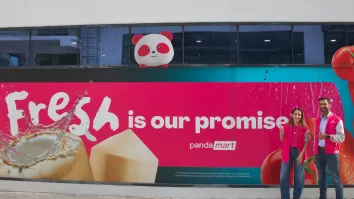





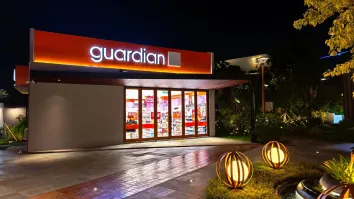
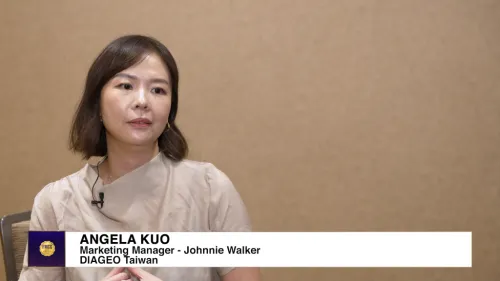
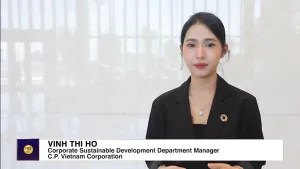
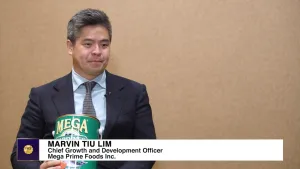
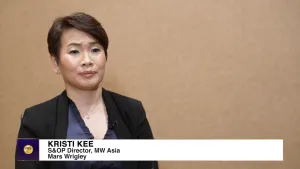


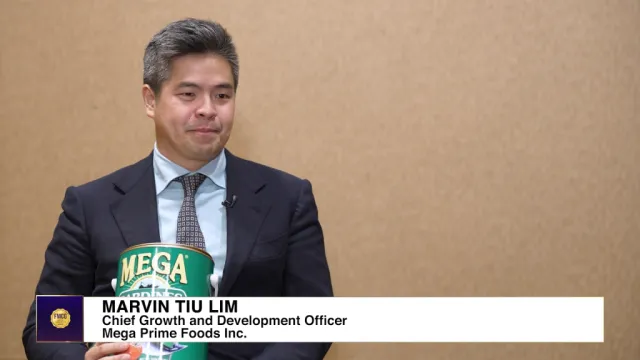
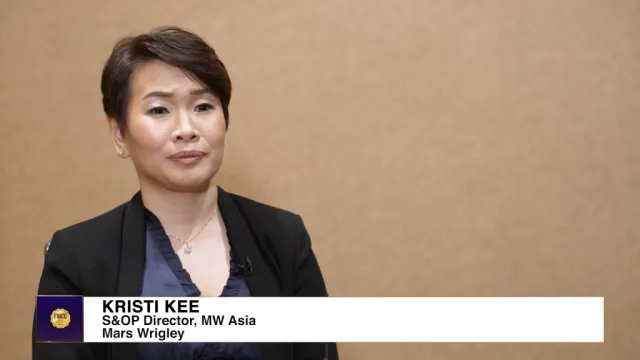

 Advertise
Advertise
